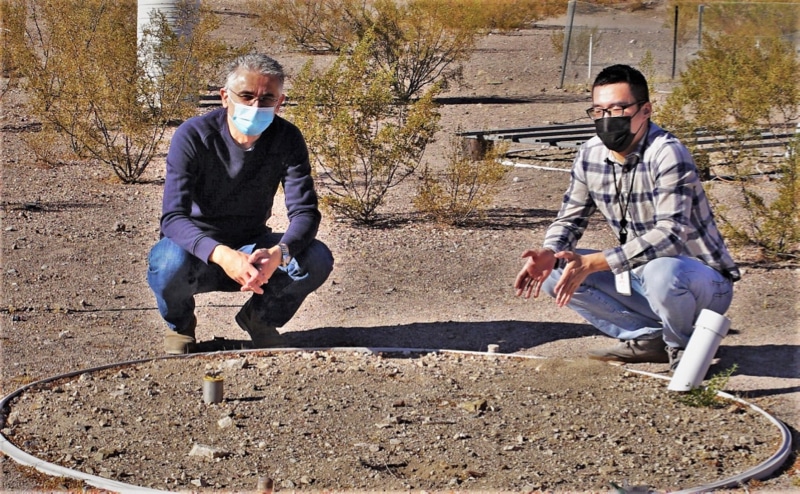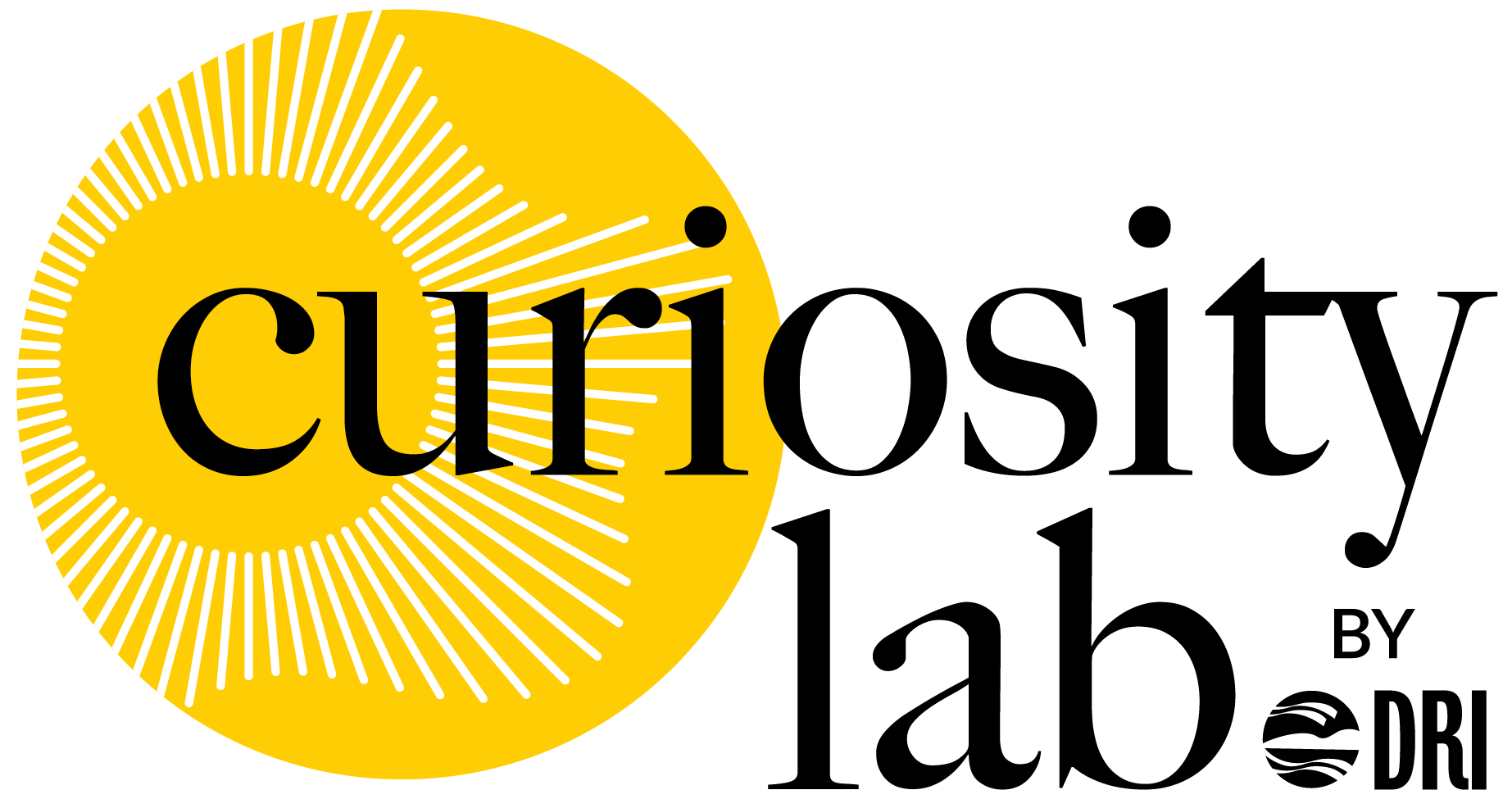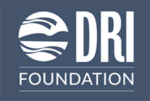Environmental Research Areas
DRI faculty and staff work in over 40 scientific fields on all seven continents.
40 Laboratories and Facilities
DRI has more than 40 specialized labs and facilities in Reno and Las Vegas.
65+ Years of Scientific Excellence
Since 1959, DRI has contributed to solving our toughest environmental challenges.
What happens when rain falls on desert soils? An updated model provides answers
Several years ago, while studying the environmental impacts of large-scale solar farms in the Nevada desert, Desert Research Institute (DRI) scientists Yuan Luo, Ph.D. and Markus Berli, Ph.D. became interested in one particular question: how does the presence of thousands of solar panels impact desert hydrology?
Clery Notice: Positive Case of Coronavirus on DRI’s Reno Campus
On Tuesday, December 8, 2020, Desert Research Institute was notified that a DRI employee at our Reno campus tested positive for the Coronavirus (COVID-19).
Clery Notice: Positive Case of Coronavirus on DRI’s Reno Campus
On Tuesday, December 8, 2020, Desert Research Institute was notified that a DRI employee at our Reno campus tested positive for the Coronavirus (COVID-19).
2026 Season Tickets Now Available!
For the 2026 season of Curiosity Lab by DRI, satisfy your curiosity by exploring the wonders of environmental science! Dive into fascinating topics like earth, water, and air research, and discover how science sparks creativity. Join us as we help answer your questions on the most pressing scientific issues and showcase Science That Matters Now.
All Upcoming Events
More than 60 years of scientific discovery and innovation, in Nevada and around the world
Since 1959, the faculty, students, and staff at DRI have advanced scientific knowledge to help solve pressing environmental challenges and improve human health. With more than 600 employees, over 300 projects on all seven continents, and two world-class research campuses in Reno and Las Vegas, DRI serves as one of the eight institutions in the Nevada System of Higher Education.
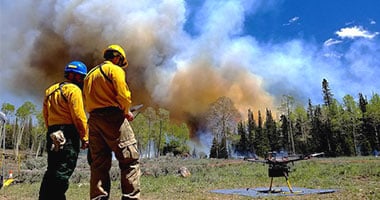
Atmospheric Sciences
Research and services related to air quality and associated health risks, climate, cloud and aerosol physics, renewable energy, fire science, and atmospheric dynamics.
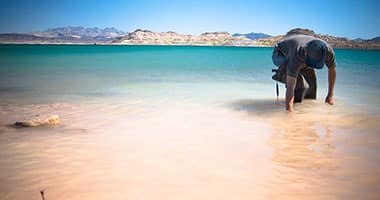
Hydrologic Sciences
Research, development, and education services contributing to society’s fundamental understanding of hydrologic systems and advancing the sustainability of water resources.
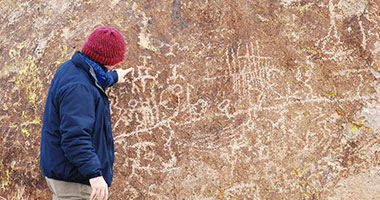
Earth & Ecosystem Sciences
Research in the life & earth sciences, particularly those dealing with the complex interactions of geological processes, organisms, biological communities, and human societies.
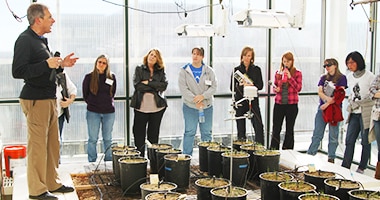
Education & Workforce Development
Training Nevada's K-12 teachers and providing professional development opportunities and training for education-based activities.
As a non-profit, we rely on your support.
By making a gift to DRI, you’re providing the resources our scientists need to better understand and address the challenges posed by our changing planet.
